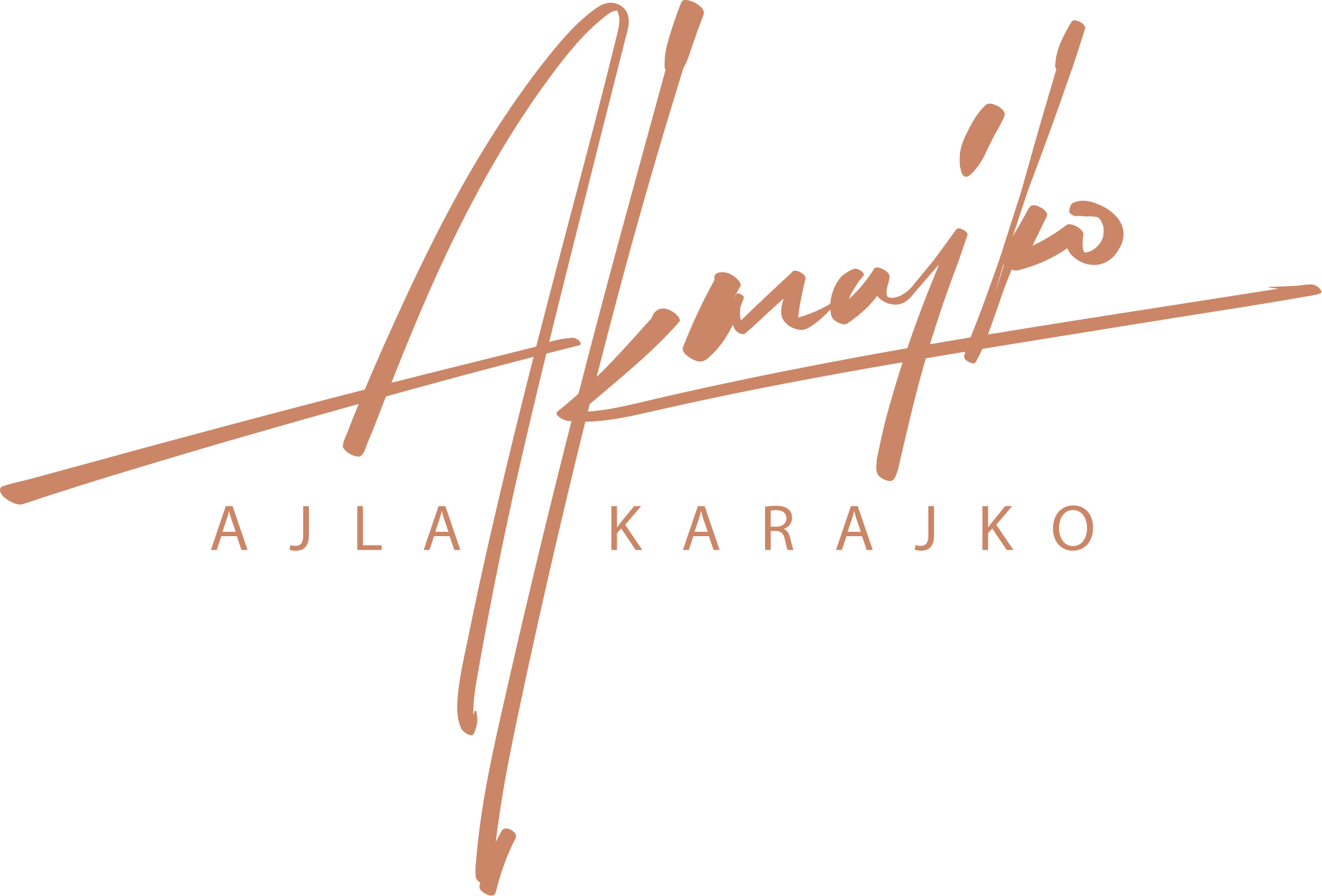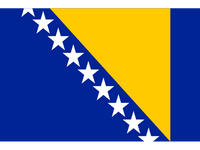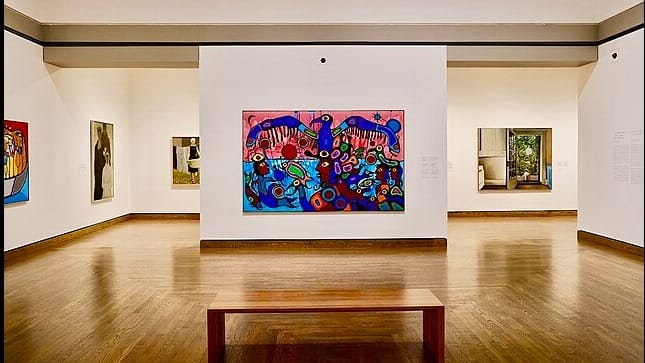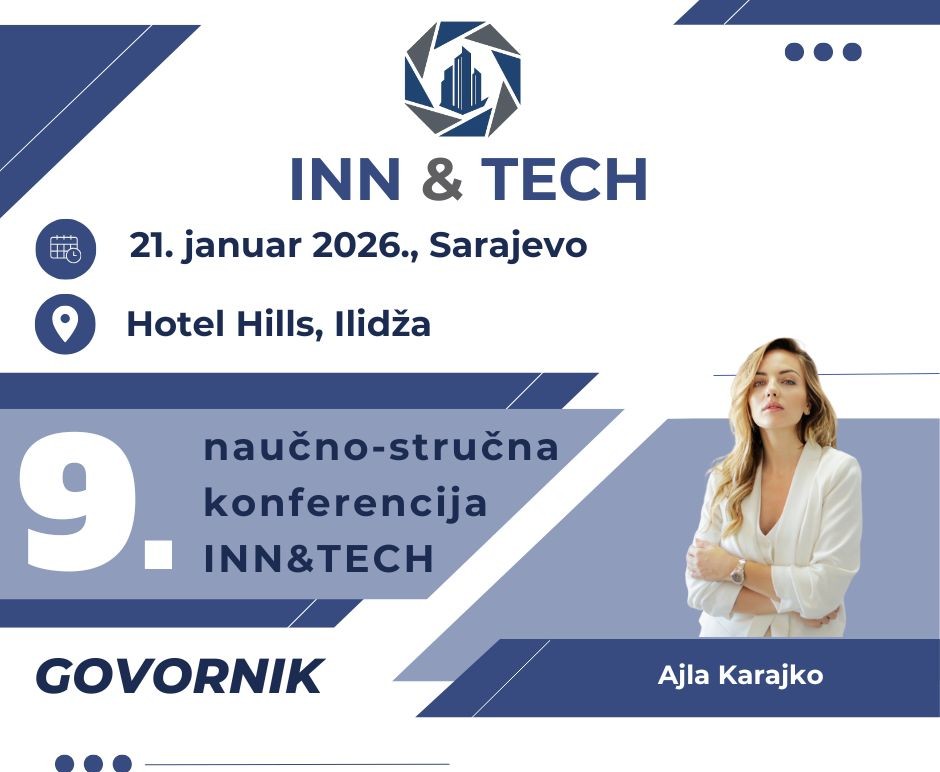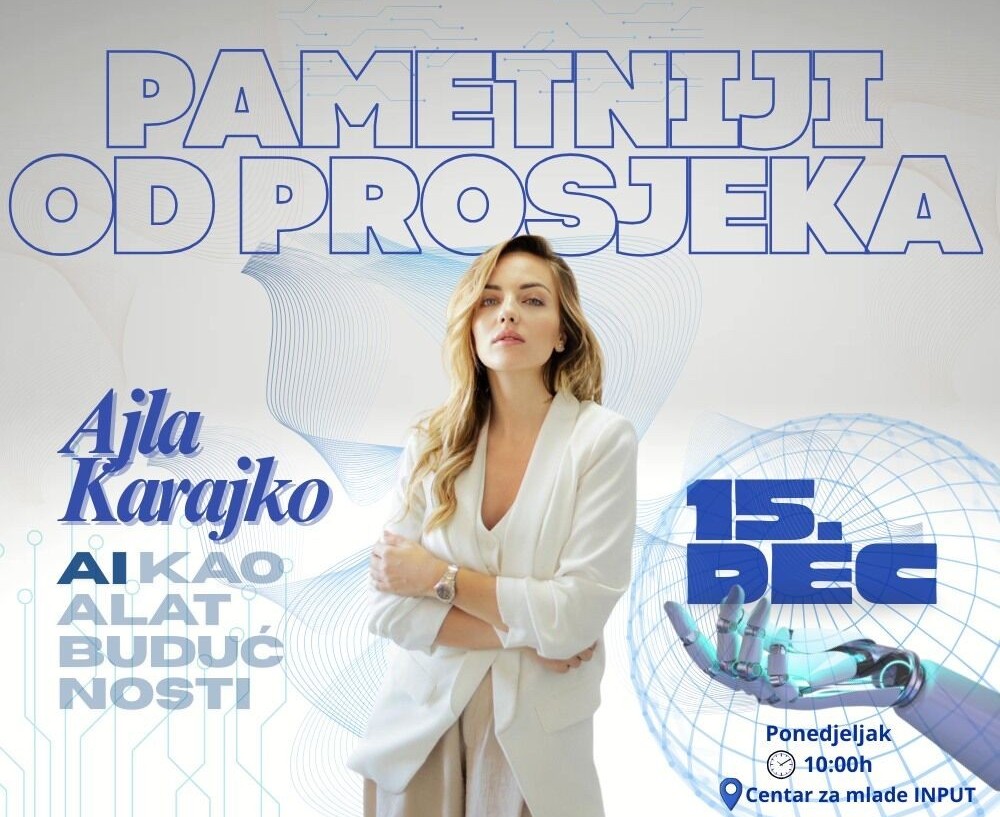Artificial intelligence and robotics are now on the front line in the fight against a wave of counterfeit works by the famous Canadian artist Norval Morrisseau, whose forged paintings have flooded the market — with more than 6,000 copies estimated to be in circulation and losses reaching millions of dollars. The investigation is already being called the largest art fraud in Canadian history.
To tackle the issue, the Morrisseau Estate has partnered with Montreal-based company Acrylic Robotics, which uses AI and robotic arms for two key missions: detecting forgeries and producing high-resolution authorized replicas.
Acrylic Robotics employs sophisticated sensors and algorithms that analyze brushstroke pressure, pigment composition, and micro-details unique to Morrisseau’s technique. At the same time, the artist’s heirs have developed Norval AI — a specialized system capable of analyzing any artwork and calculating the probability of authenticity.
As part of the project, Acrylic Robotics is currently creating limited editions of five replicas of five well-known Morrisseau paintings, priced between $2,000 and $32,000, each carrying a unique identification code to verify authenticity.
Due to the mass production of counterfeits, Morrisseau — one of North America’s most important Indigenous artists — has become a symbol of the growing problem of art forgery. Now, thanks to AI technology and robotics, his legacy and artistic reputation may finally be protected. This fusion of forensic science and artificial intelligence not only restores confidence in the art market but also sets a new global standard for artwork authentication.
In brief: Tech World Highlights:
- ByteDance, the parent company of TikTok, plans to repurchase employee shares, with the company valued at over $330 billion.
- Prosecutors are seeking a 15-year prison sentence for Kakao founder Kim Beom-su over alleged stock manipulation during the SM Entertainment takeover battle.
- Frontier, a carbon removal consortium backed by Google, has committed to purchasing carbon removal credits worth $31.3 million for 115,211 metric tons from the startup Planetary.
- Google introduced new AI features in Google Translate aimed at helping users learn new languages, inspired by the Duolingo app.
- Scientists have developed a one-step process that converts mixed plastic waste into gasoline at room temperature and normal pressure, achieving an efficiency rate above 95%.
AI Trending Tools:
- GPT-5 – A new personality update featuring a “warmer” and more “friendly” conversational style.
- Kaggle Game Arena – A benchmark for testing LLMs in evolving strategic games.
- ChatGPT – OpenAI’s AI assistant, now equipped with tools for detecting signs of mental distress.
